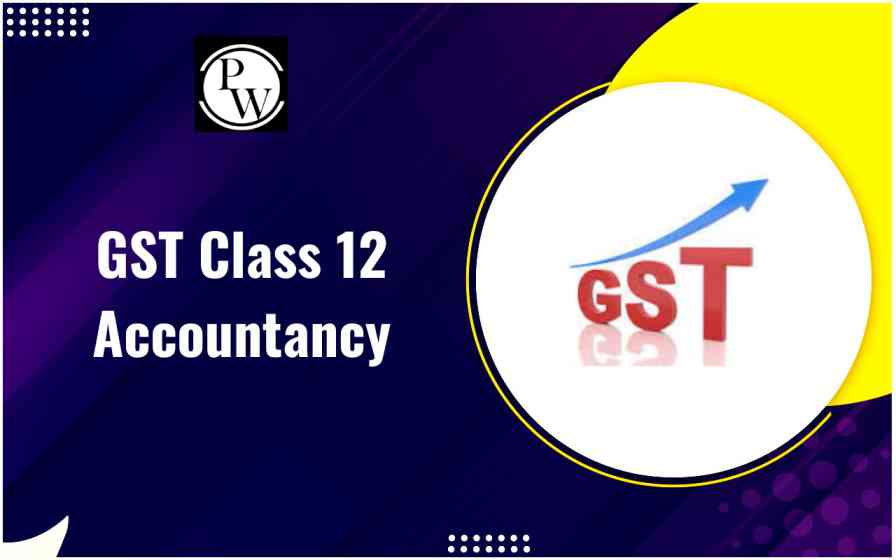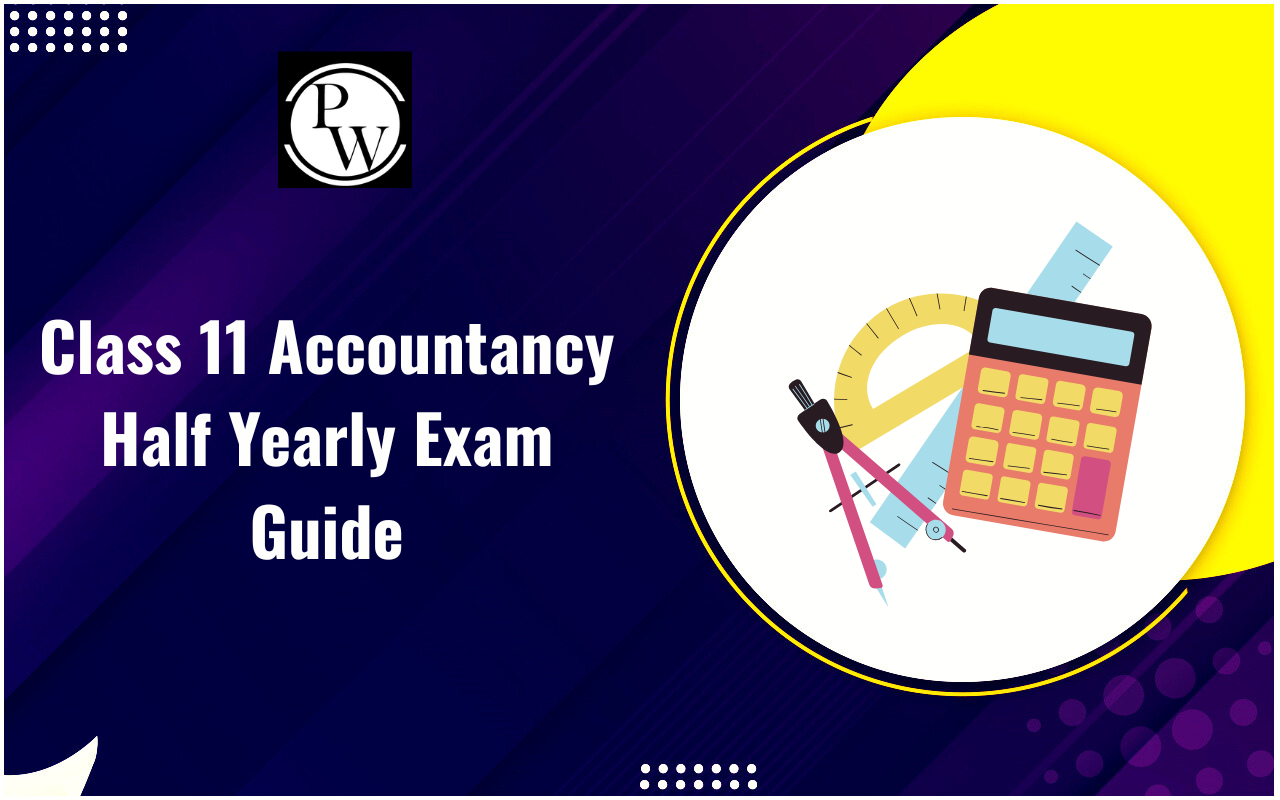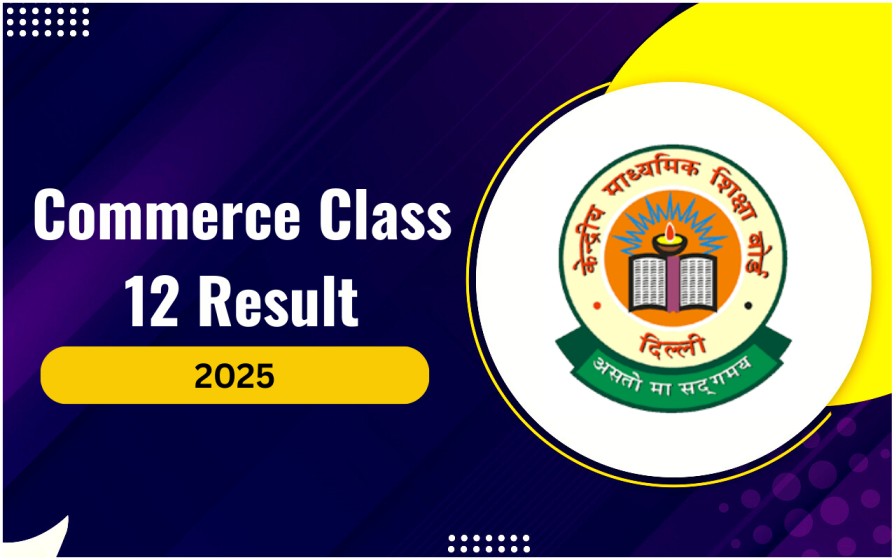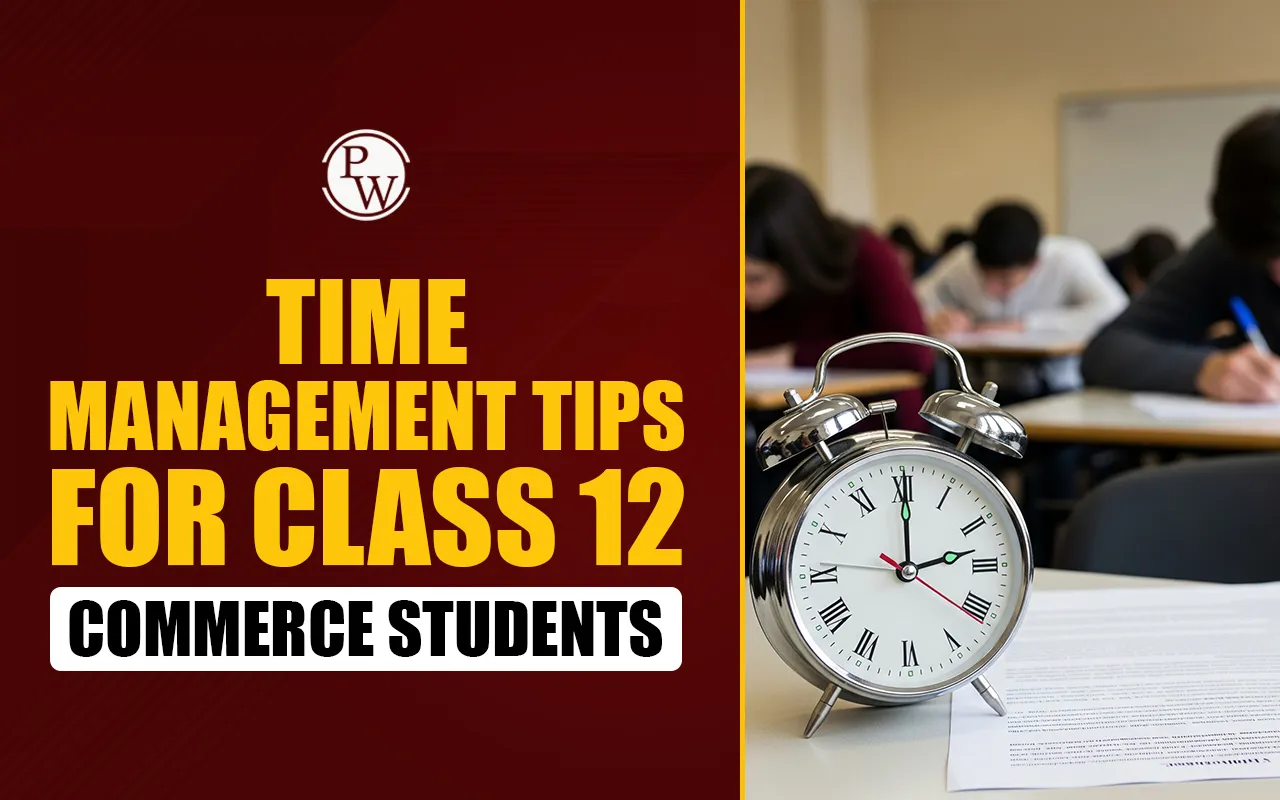

Incidental expenses are insignificant expenses usually related to business travel. This expense consists of unnecessary travel and entertainment costs that an individual might take during a business tour. An employee, while applying for an incidental expense reimbursement they do not have to show any receipt, only if a minimum amount is filled and the receipt is difficult to obtain.
Incidental Expenses Meaning
Incidental expenses are supplementary costs that arise as a secondary consequence of a primary activity or event. These expenses are typically not the primary focus of the financial planning or budgeting process, but they contribute to the overall expenditure. Incidental expenses encompass various miscellaneous charges or outlays that may not be directly anticipated but emerge during the course of an undertaking. These costs are often tangentially related to the main objective and can include sundry items such as minor equipment replacements, unforeseen repairs, or incidental supplies. Despite their secondary nature, incidental expenses hold significance as they contribute to a more comprehensive understanding of the financial dynamics associated with a particular endeavor.
Types of Incidental Expenses
Incidental expenses can be classified into several distinct categories, each exemplifying the diverse nature of these supplementary costs. Even though they're not the main costs we think about, they're still important because they add to the overall spending. Let's look at different types of these incidental expenses.
Incidental Consumables:
- Necessary things for the task that we didn't expect to buy initially.
- Example: Special materials needed for a sudden experiment in a science project.
Unforeseen Maintenance Expenditures:
- Costs for sudden repairs or replacements we didn't see coming.
- Example: Fixing a broken computer during a project.
Auxiliary Logistical Expenses:
- The extra money spent due to unexpected changes in plans like travel or accommodation.
- Example: Changing flights at the last minute and paying more for a new ticket.
Unanticipated Regulatory Fees and Charges:
- Surprise expenses because of rules or laws we didn't know about.
- Example: Paying unexpected fees for using a certain location for a public event.
What are Incidental Expenses Per Diem in India?
When it comes to per diem allowances in India, there's more to consider than just meals, lodging, and travel. These extra expenses are called incidental expenses. Even though they're not the main things we think about when budgeting for per diem, they still play a role in how we manage our money during official trips or work-related activities.
Incidental Expenses for Per Diem:
Communication Costs:
Money spent on phone calls, internet usage, or other communication needs during the trip.
Local Transportation:
Costs for moving around within the destination city, like using public transport or hiring cabs for official purposes.
Small Purchases:
Buying minor items necessary for work, like stationery or office supplies.
Tips and Gratuities:
Giving tips to the service staff or other small gestures of appreciation.
Miscellaneous Expenses:
Unexpected small costs can pop up, like printing documents or small emergency needs.
Miscellaneous Expenses
Miscellaneous expenses encompass a heterogeneous category of outlays that lack a specific thematic classification within a given context. These expenditures, often denoting unforeseen or less predictable financial transactions, pertain to items or services that do not fit neatly into predefined categories of budgeting or accounting. The nature of miscellaneous expenses defies easy categorization, making them a versatile but intricate component of financial considerations.
What are Incidental Expenses at a Hotel?
Incidental expenses at a hotel are those additional charges or costs you might encounter beyond the basic room rate. These extras can catch you by surprise if you're not prepared. Here's what to look out for
Incidental Expenses at a Hotel:
Room Service:
Ordering food or drinks to your room can come with extra charges like service fees and tips.
Mini-Bar Items:
Snacks and drinks in your room's mini-bar usually cost more than if you bought them elsewhere.
Phone Calls and Wi-Fi:
Using the hotel phone or accessing premium Wi-Fi might incur charges.
Parking Fees:
If you're driving, be ready for parking charges that hotels often apply.
Laundry and Dry Cleaning:
Getting your clothes cleaned by the hotel's services usually costs more than doing it yourself.
Gym or Spa Facilities:
Access to fitness centers, pools, or spa areas might have additional fees.
Late Check-Out:
If you need to stay in your room beyond the regular check-out time, the hotel might charge you.
Special Requests:
Any unique services or items you request could come with added costs.
Taxes and Resort Fees:
Some hotels add extra fees like local taxes or resort fees to your bill.
Damage or Loss:
Accidentally damaging hotel property might result in charges.
How to Manage Incidental and Miscellaneous Expenses
Effectively managing both miscellaneous and incidental expenses constitute a fundamental aspect of financial prudence. By adopting a structured method for handling such expenditures, individuals can enhance their fiscal resilience and resource optimization.
Create a Buffer:
Set aside a small amount in your budget specifically for unexpected expenses. This can act as a cushion for those surprise costs.
Track Your Spending:
Keep track of every expenditure, no matter how minor. This helps you understand where your money is going and identify patterns.
Prioritize and Categorize:
Group your expenses into categories like 'home,' 'work,' 'personal,' etc. This makes it easier to see where you're spending the most.
Limit Impulse Buys:
Before making a purchase, especially an unplanned one, take a moment to consider if it's really necessary. This can help reduce unnecessary spending.
Use Technology:
Utilize budgeting apps or tools to track your expenses in real-time. They can give you insights and alerts about your spending habits.
Plan for the Unexpected:
Keep a small emergency fund for those times when things go wrong, like sudden repairs or medical expenses.
Review Regularly:
Periodically review your budget and spending patterns. Adjust your plan as needed to accommodate changes in your life or priorities.
Read Related Topics
Incidental Expenses FAQs
What are some common examples of incidental expenses at hotels?
How can I manage incidental expenses during a trip?
Are incidental expenses included in per diem allowances?
What should I do if I receive unexpected incidental charges?
Can I claim incidental expenses for reimbursement during a business trip?












